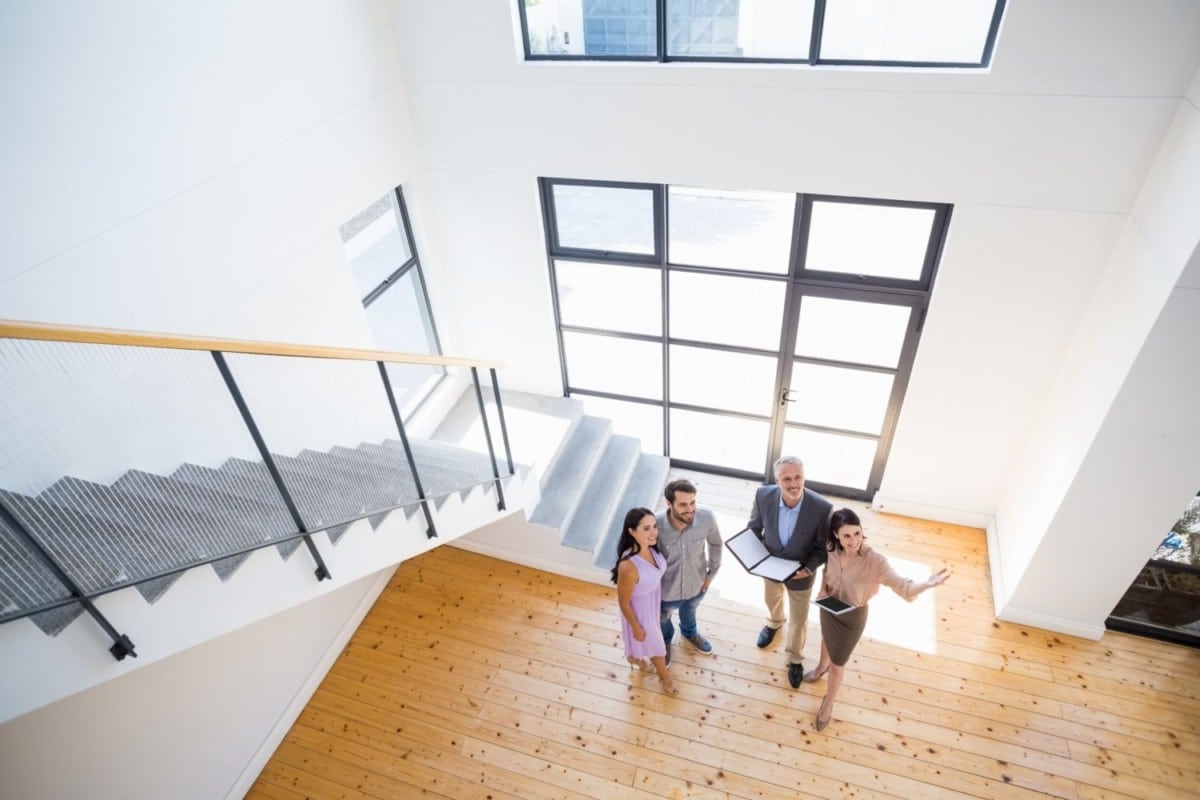Buying a home is a massive decision, so it pays to do it right. The home viewing will be your first step in evaluating a purchase. This can be part of an open house or a private viewing arranged through the listing agent. Whichever one it is, you should go in looking to make the most of it. Most people at a home viewing, especially first-time buyers, spend too much time focusing on the aesthetics and ambiance of the property. These areas are important, but they won’t really tell you much about the property. By digging a little deeper and focusing on a few key areas you can gain much more valuable information. This will make you more confident when it comes time to make an offer and put you in a better position to negotiate for a lower asking price.
1. Check for evidence of mold or dampness
Mold is one of the biggest problems you can find in a property. Take your time to look through each room for any signs of discoloration or damp patches on the walls and roof. Does the room smell damp or moldy? If so then it probably is. Owners will sometimes try to conceal this with a fresh paint job so look for any patches of fresh paint. If you do notice any then have your buyer agent mention it to the listing agent. Dampness can be treated but the repair work can be very costly, especially if new plastering work is required.
2. Check for cracks on the walls
Small cracks won’t be much of an issue and if the house is new it usually just indicates that the property is still settling. A small bit of filler is all that will be needed to cover that up. However, large cracks can be an indication of serious structural issues that can cost tens of thousands in repairs. If the property has a basement then this is the best place to check for any structural problems.
3. Check the appliances
If the home sale includes all appliances (usually referred to as white goods) then you’ll want to be sure they’re working properly. Check the conditions of the oven, washing machine, fridge, etc. If you think they’ll need to be replaced then that’s a bargaining strategy you can use when it comes to negotiations on the asking price.
4. Take photos and notes
You’ll be visiting many properties in the weeks and months ahead as you look for your future home. Remember to photograph each one extensively so you can easily compare them. It might also be a good idea to bring along a notebook so you can jot down your ideas and impressions of each room when you visit a property.
5. Check the windows and doors
It’s easy to forget about the windows as they’re often hidden behind drapes or blinds. Open and close each one to see if they lock properly. If they get stuck or have difficulty locking that could be another indication of structural problems. The same goes for the doors. Also, examine to see if they’re double glazed. If you notice any cloudiness between the layers of glass, then that usually indicates that the seal is broken.
6. Check the roof
Roof damage is one of the most costly home repairs anyone can be asked to undertake. As such, you’ll want to be confident it’s in good condition. Ask the listing agent about when it was installed and check the warranty to verify. For a non-expert, it’ll be hard to know the real condition of a roof so don’t be afraid to ask questions and follow up with an inspection if you suspect something.
7. Check the electrical and plumbing
Like the roof, these are tricky areas to check without an expert. At the least, you can ask questions about how each system was installed. Also, ask if whether they’ve undergone any modifications or repairs over the years. Be very wary of any electrical system that hasn’t been replaced in decades. If you have suspicions, then bring along an expert for the second walk-through.
The key to viewing any property is being prepared beforehand. Have a list of questions to ask the listing agent and don’t be afraid to poke around every corner. You’re shopping for a home so it’s expected that you’ll be thorough in evaluating each one. Judging the structural foundation of the home, along with the roof, electrical and plumbing will be difficult without an expert. Which is why you should pay attention to these areas and ask questions on the first viewing. If you have suspicions then bring along the needed expert for the second viewing.

